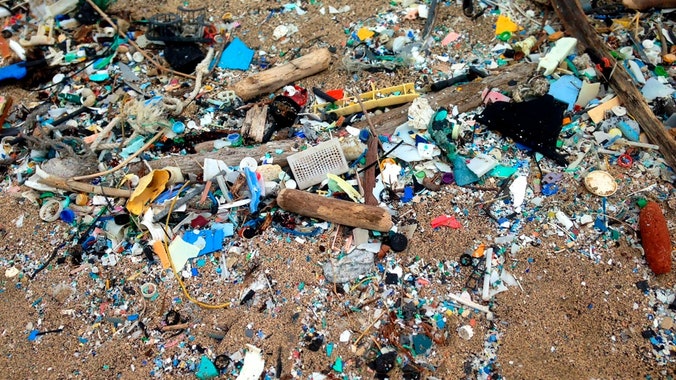Microplastics can stick in human airways, new study finds
Excerpt:
In a study, researchers say that humans may unknowingly breathe in approximately 16.2 bits of microplastic per hour. This amount is equivalent to the size of a credit card over the course of a week.


Add comment